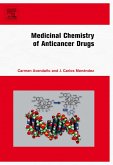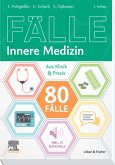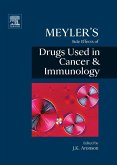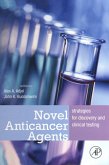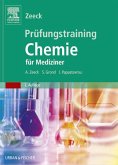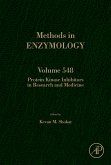Antitumor chemotherapy is a very active field of research, and a huge amount of information on the topic is generated every year. Cytotoxic chemotherapy is gradually being supplemented by a new generation of drugs that recognize specific targets on the surface or inside cancer cells, and resistance to antitumor drugs continues to be investigated. While these therapies are in their infancy, they hold promise of more effective therapies with fewer side effects.
Although many books are available that deal with clinical aspects of cancer chemotherapy, this book provides a sorely needed update from the point of view of medicinal chemistry and drug design.
- Presents information in a clear and concise way using a large number of figures
- Historical background provides insights on how the process of drug discovery in the anticancer field has evolved
- Extensive references to primary literature
Dieser Download kann aus rechtlichen Gründen nur mit Rechnungsadresse in A, B, BG, CY, CZ, D, DK, EW, E, FIN, F, GR, HR, H, IRL, I, LT, L, LR, M, NL, PL, P, R, S, SLO, SK ausgeliefert werden.




